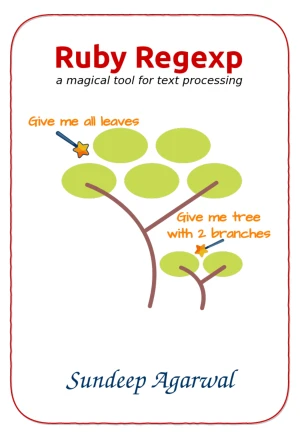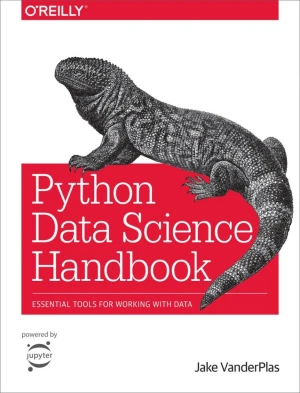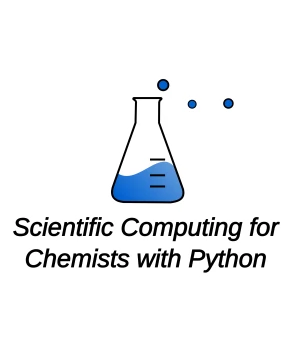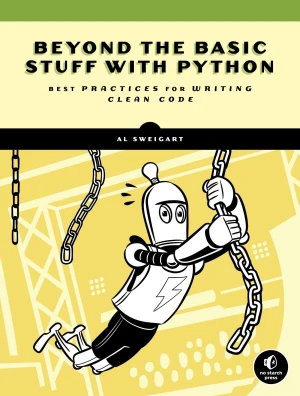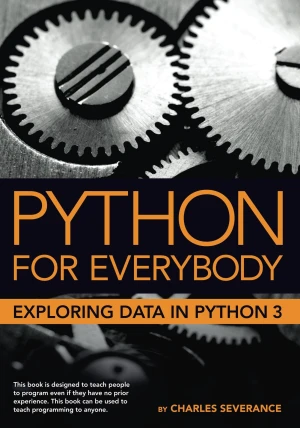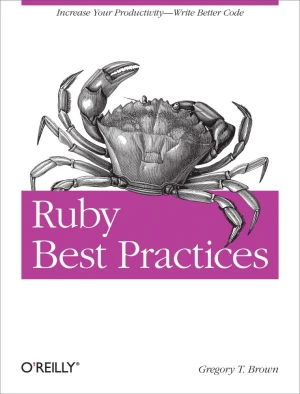Python re(gex)?
A magical tool for text processing
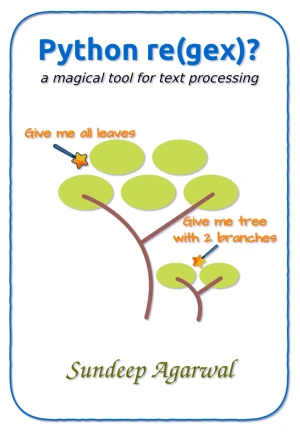
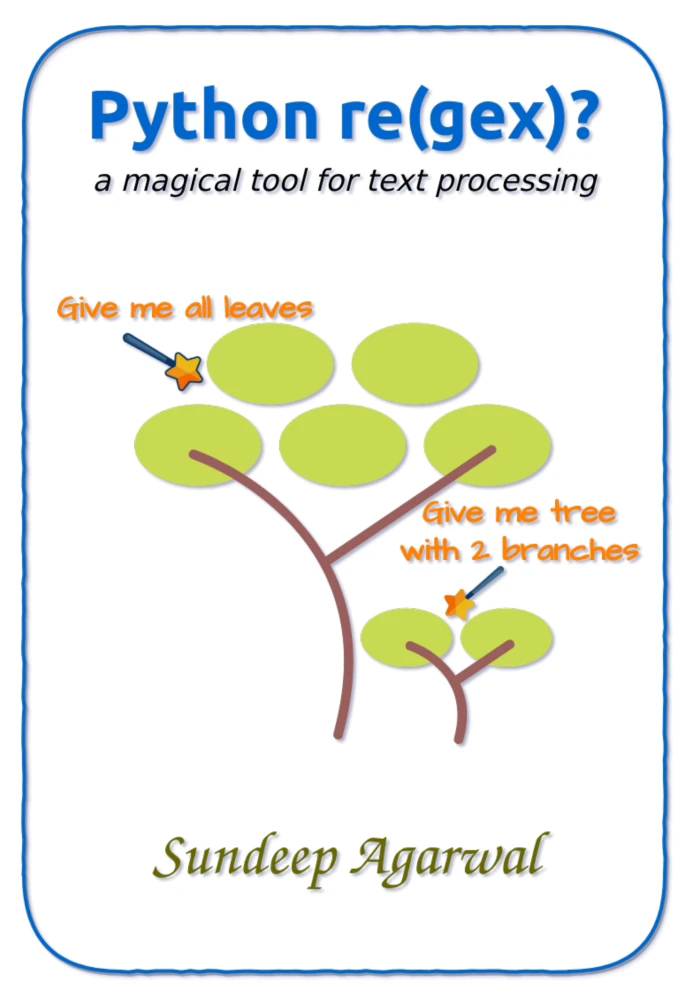
Book Details
| Author | Sundeep Agarwal |
| Published | 2019 |
| Edition | 1st |
| Paperback | 71 pages |
| Language | English |
| License | Creative Commons Attribution-NonCommercial-ShareAlike |
Book Description
Scripting and automation tasks often need to extract particular portions of text from input data or modify them from one format to another. This book will help you learn Regular Expressions, a mini-programming language for all sorts of text processing needs.
The book heavily leans on examples to present features of regular expressions one by one. It is recommended that you manually type each example and experiment with them. Understanding both the nature of sample input string and the output produced is essential. As an analogy, consider learning to drive a bike or a car - no matter how much you read about them or listen to explanations, you need to practice a lot and infer your own conclusions.
This book is available under a Creative Commons Attribution-NonCommercial-ShareAlike license (CC BY-NC-SA), which means that you are free to copy, distribute, and modify it, as long as you credit the original author, don't use it for commercial purposes, and share any adaptations under the same license.
If you enjoyed the book and would like to support the author, you can purchase a printed copy (hardcover or paperback) from official retailers.
Download and Read Links
Share this Book
[localhost]# find . -name "*Similar_Books*"
Ruby Regexp
Scripting and automation tasks often need to extract particular portions of text from input data or modify them from one format to another. This book will help you learn Regular Expressions, a mini-programming language for all sorts of text processing needs. The book heavily leans on examples to present features of regular expressions one by one. I
Python Data Science Handbook
For many researchers, Python is a first-class tool mainly because of its libraries for storing, manipulating, and gaining insight from data. Several resources exist for individual pieces of this data science stack, but only with the Python Data Science Handbook do you get them all - IPython, NumPy, Pandas, Matplotlib, Scikit-Learn, and other relate
Scientific Computing for Chemists with Python
Scientific computing utilizes computers to aid in scientific tasks such as data processing and digital simulations, among others. The well-developed field of computational chemistry is part of scientific computing and focuses on utilizing computing to simulate chemical phenomena and calculate properties. However, there is less focus in the field of
Beyond the Basic Stuff with Python
You've completed a basic Python programming tutorial or finished Al Sweigart's best selling Automate the Boring Stuff with Python. What's the next step toward becoming a capable, confident software developer? Welcome to Beyond the Basic Stuff with Python. More than a mere collection of advanced syntax and masterful tips for writing clean code, this
Python for Everybody
Python for Everybody is designed to introduce students to programming and software development through the lens of exploring data. You can think of the Python programming language as your tool to solve data problems that are beyond the capability of a spreadsheet. Python is an easy to use and easy to learn programming language that is freely availa
Ruby Best Practices
How do you write truly elegant code with Ruby? Ruby Best Practices is for programmers who want to use Ruby as experienced Rubyists do. Written by the developer of the Ruby project Prawn, this concise book explains how to design beautiful APIs and domain-specific languages with Ruby, as well as how to work with functional programming ideas and techn

